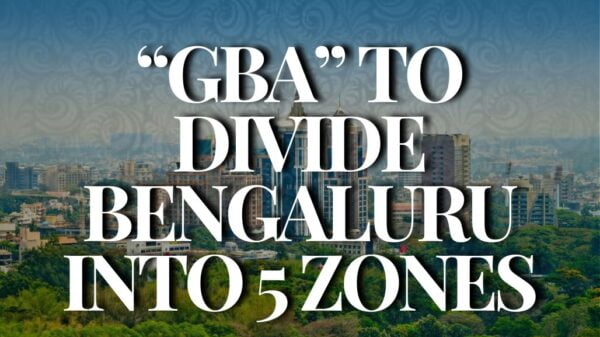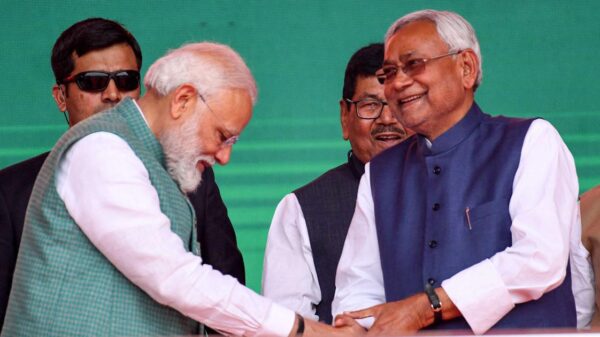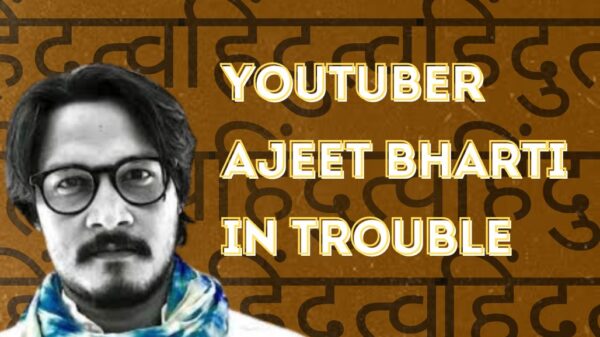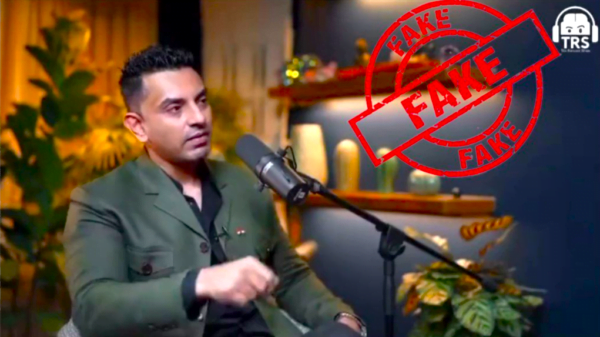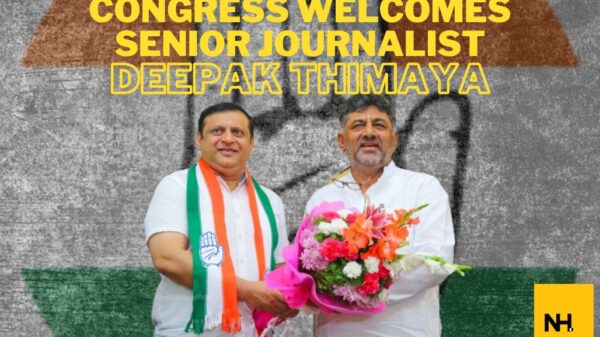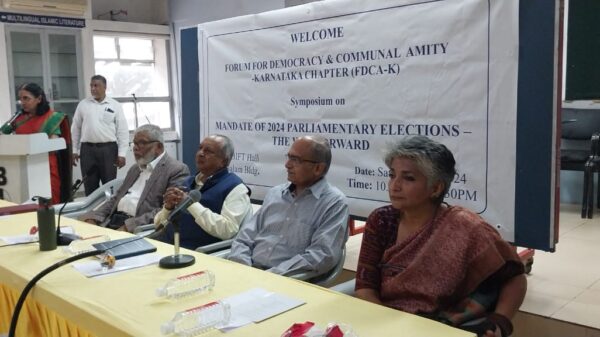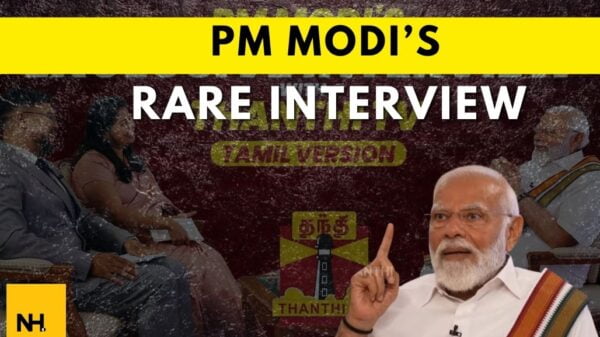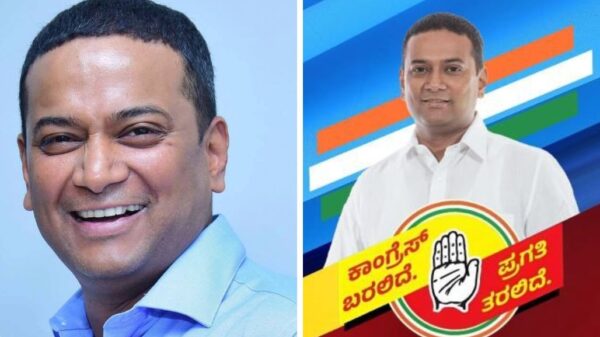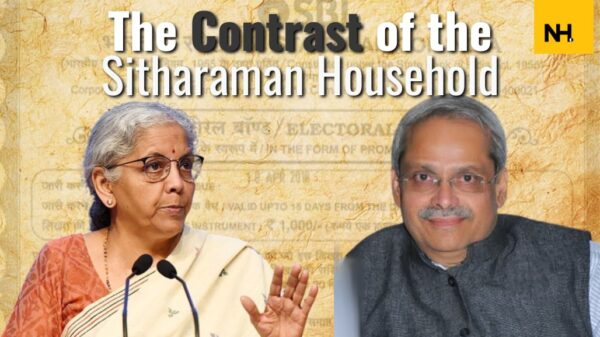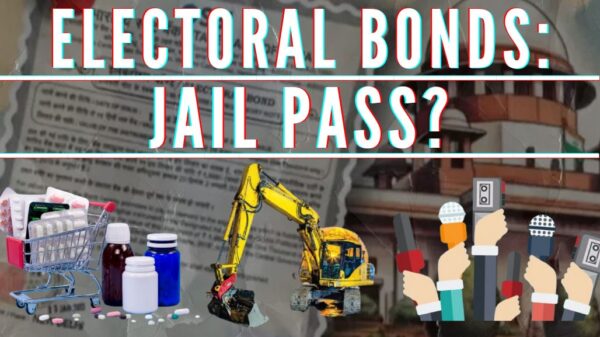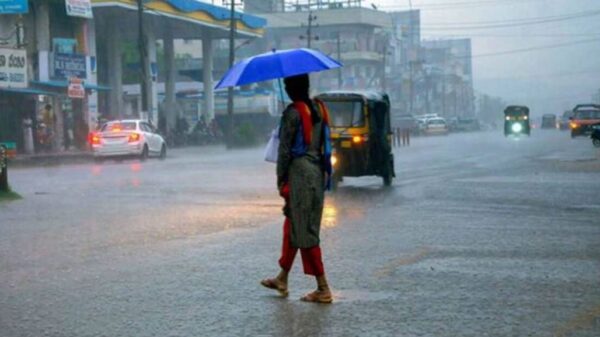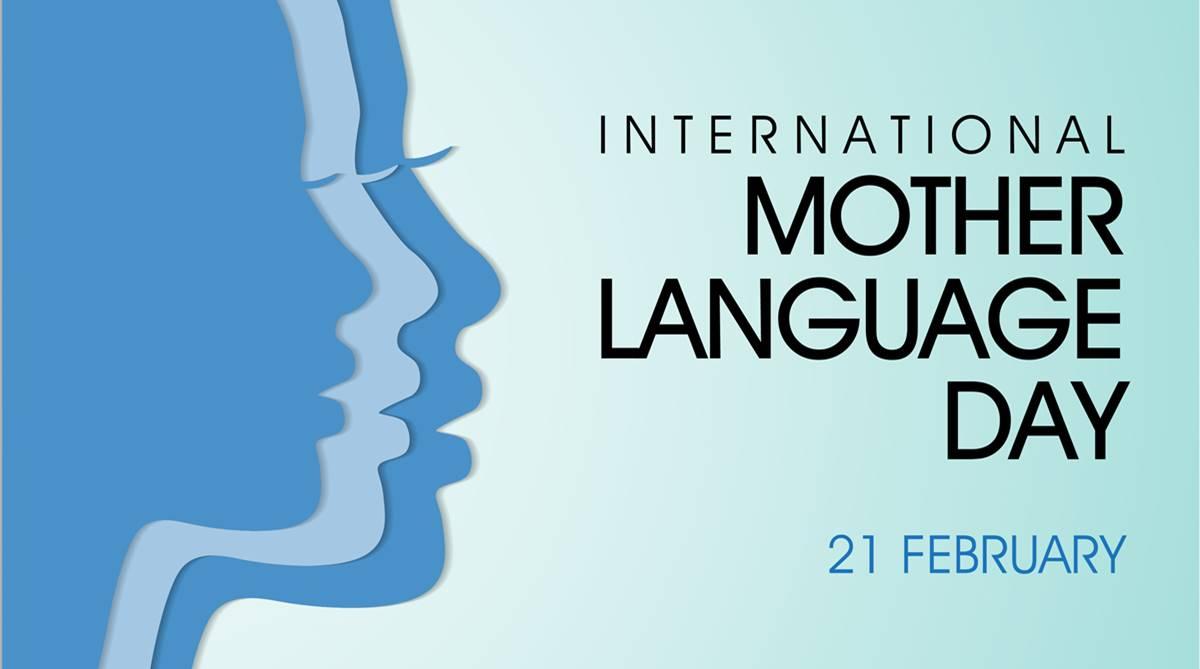Since 2000, every year on this day of February 21, International Mother Language Day is celebrated, The idea to celebrate International Mother Language Day was the initiative of Bangladesh.
It was approved at the 1999 UNESCO General Conference to promote cultural and linguistic diversity for sustainable societies.
This initiative works to preserve the differences in cultures and languages that foster tolerance and respect for others as linguistic diversity is increasingly threatened as more and more languages disappear.
UNESCO says “Globally 40 percent of the population does not have access to an education in a language they speak or understand. Nevertheless, progress is being made in mother tongue-based multilingual education with a growing understanding of its importance, particularly in early schooling, and more commitment to its development in public life.
Multilingual and multicultural societies exist through their languages which transmit and preserve traditional knowledge and cultures in a sustainable way.”
Audrey Azoulay, Director-General of UNESCO, on the occasion of International Mother Language Day, said,
“Technology can provide new tools for protecting linguistic diversity. Such tools, for example, facilitating their spread and analysis, allow us to record and preserve languages that sometimes exist only in oral form. Put simply, they make local dialects a shared heritage. However, because the Internet poses a risk of linguistic uniformization, we must also be aware that technological progress will serve plurilingualism only as long as we make the effort to ensure that it does“.
The theme for 2022’s celebrations was promoted to be the usage of technology for multilingual learning, its opportunities and challenges “to discuss the potential role of technology to advance multilingual education and support the development of quality teaching and learning for all.”
In India more than 19,500 languages and dialects exist, as astonishing as that number looks, there are only 121 languages that are actively spoken by 10,000 people or more.
India has given 22 languages, the official status for usage in administration and is referred to as Scheduled Languages.
The Eighth Schedule of the Indian Constitution lists these 22 languages: Assamese, Bengali, Gujarati, Hindi, Kannada, Kashmiri, Konkani, Malayalam, Manipuri, Marathi, Nepali, Oriya, Punjabi, Sanskrit, Sindhi, Tamil, Telugu, Urdu, Bodo, Santhali, Maithili, and Dogri.
The Government of India also recognizes six languages as Classical Languages that have a rich heritage and independent nature. These six languages are Kannada, Malayalam, Telugu, Odia, Tamil, and Sanskrit.
According to the most recent census of 2011, the census recognizes 1369 rationalized mother tongues and 1474 languages that were categorized as ‘unclassified’ and relegated to the ‘other’ mother tongue category.
The 1369 rationalized mother tongues which are spoken by 10,000 or more speakers are categorized in a total of 121 languages out of which, 22 are already part of the Eighth Schedule to the Constitution of India, and the other 99 are termed as the “Total of other languages”.
Source :
Image Source :


